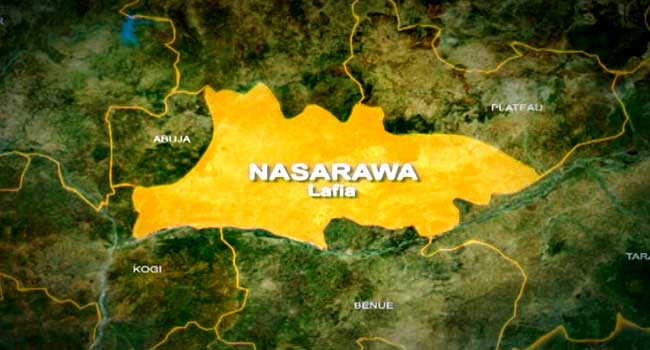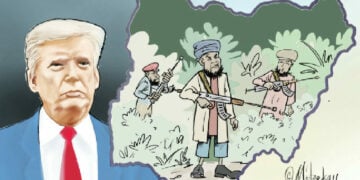Nasarawa State government has been able to entrench accountability and prudency in governance through regular manpower development.
The state’s Head of Service (HoS), Abigail Waya, stated this during her session at the ongoing workshop organised by the Joseph Sarwuan Tarka University, Makurdi’s Center for Innovation in Procurement, Environmental and Social Standards (CIPESS) for the state civil servants in Lafia.
She said through regular capacity-building and intensive reforms the current administration has been able to develop a manpower base that is accountable and transparent.
She noted that the training, which was organised by CIPESS in collaboration with Nasarawa State University, Keffi, and the Nasarawa State Government, came at a crucial time when professionalism and accountability were at the forefront of government operations.
“I must begin by expressing our profound appreciation to His Excellency, the Governor of Nasarawa State, for his unwavering commitment to human capital development and the continuous improvement of our civil service. The Governor’s vision for a responsive, transparent, and efficient public sector is being realized through initiatives such as this.
“His Excellency’s support for training and capacity-building programs such as this reflects his dedication to nurturing a workforce that can effectively implement government policies and deliver quality services to the people of Nasarawa State,” she stated.
On her part, the leader and director of CIPESS, Professor Lami Nnamonu, who was represented by Dr. Perer Tsue, the Academic Programme Coordinator for Social Standards in CIPESS, said her centre is among the six centres of excellence established and funded by the World Bank under the Sustainable Procurement, Environmental and Social Standards Enhancement (SPESSE) project.
“The SPESSE project is aimed at enhancing sustainable human capacity development in procurement, environmental and social standards in public sectors in Nigeria and its regions to support governance, increase transparency, competition, equal opportunity, sustainability along with environmental and social standards and management,” he explained.
He said this is done through training, professionalisation and research in procurement, environmental and social standards.





